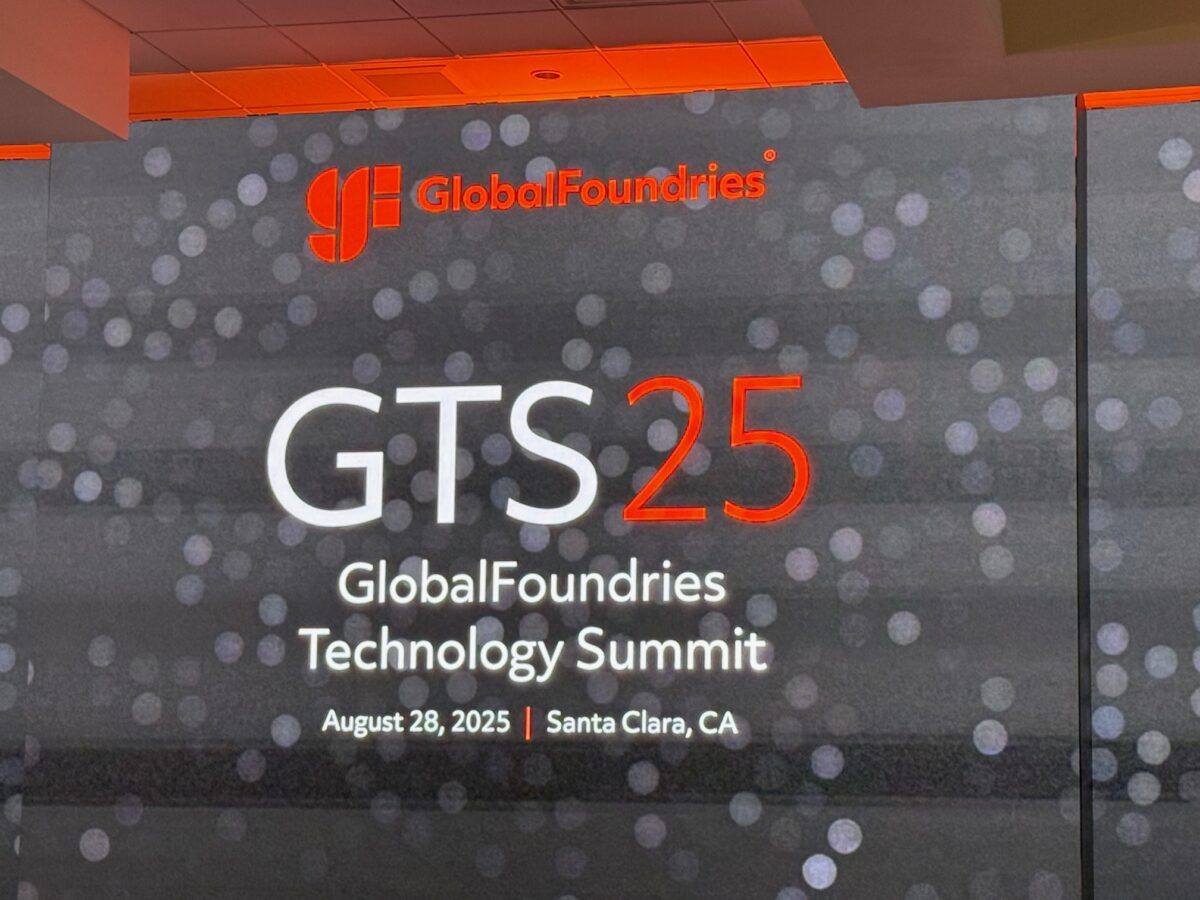The conversation revolves around the U.S. government's potential investment in Intel and MP Materials, with Winston Maas suggesting it resembles a sovereign wealth fund, though the speaker, a venture capitalist, views it more as a utility play aimed at enhancing domestic refining capacity for national security. The discussion highlights geopolitical pressures, particularly related to Taiwan and TSMC, emphasizing the need for U.S. self-sufficiency in semiconductor manufacturing. The speaker supports the government's stake in Intel, citing its potential to become a TSMC substitute or backup, leveraging its technology and encouraging commitments from Nvidia and AMD for fab and packaging. However, transforming Intel into a third-party refining model and building a domestic supply chain is seen as a decade-long project, not a quick fix.
The speaker notes Intel’s recent struggles—missed earnings, layoffs, and a "mess"—but argues its size makes it "too big to fail," justifying government support to shift it toward a TSMC-like model. Investment viability is left to public market experts, though the national security angle is deemed critical. On Nvidia, despite strong earnings driven by high demand for Blackwell chips (sold out into next year due to TSMC capacity constraints), the speaker sees supply chain bottlenecks, not demand issues, as the challenge. This aligns with strong growth in related firms like Core and Lambda Labs, suggesting the AI sector is in its early stages.
Regarding China, the speaker acknowledges the technical difficulty of replicating Nvidia’s Blackwell chip domestically, especially with future advancements like the Rubin chipset and TSMC’s 2nm production. While short-term imitation is challenging, the gap with Chinese alternatives is widening, reinforcing the strategic importance of U.S. investments in Intel to mitigate geopolitical risks tied to Taiwan’s semiconductor dominance.
The speaker notes Intel’s recent struggles—missed earnings, layoffs, and a "mess"—but argues its size makes it "too big to fail," justifying government support to shift it toward a TSMC-like model. Investment viability is left to public market experts, though the national security angle is deemed critical. On Nvidia, despite strong earnings driven by high demand for Blackwell chips (sold out into next year due to TSMC capacity constraints), the speaker sees supply chain bottlenecks, not demand issues, as the challenge. This aligns with strong growth in related firms like Core and Lambda Labs, suggesting the AI sector is in its early stages.
Regarding China, the speaker acknowledges the technical difficulty of replicating Nvidia’s Blackwell chip domestically, especially with future advancements like the Rubin chipset and TSMC’s 2nm production. While short-term imitation is challenging, the gap with Chinese alternatives is widening, reinforcing the strategic importance of U.S. investments in Intel to mitigate geopolitical risks tied to Taiwan’s semiconductor dominance.

